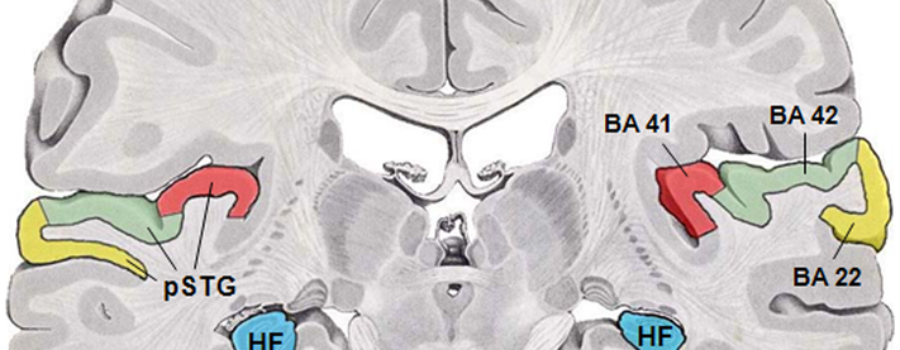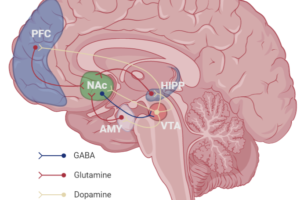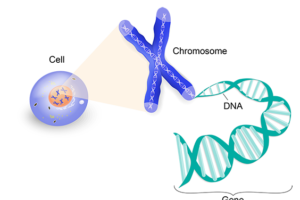The process of learning is a complex process that involves imprinting a certain task into your brain so that you can repeat the process when told to. Over time, as one practices a process over large periods of time, the process becomes committed to long term memory. In order to understand memory and its relation to learning, it is important to first learn the areas of the brain that are responsible for our ability to learn and perform a task on command.
The temporal lobe of the brain is responsible for learning languages, making sense of auditory cues, and short-term memory. When one learns a new task for the first time, the temporal lobe is highly active and working to encode that task into memory. Initially, it starts as short-term memory, where it can be easily forgotten, and mistakes can occur. Soon however, after much practice and sleep, that task transfers into the area of the brain responsible for long term memory: the cerebellum.
The cerebellum plays a pivotal role in memory, motor function, and classical conditioning (classical conditioning is a process in where an influential stimulus, such as food, is connected with a neutral stimulus, such as a bell or voice. The simplest example of conditioning is when dinner is ready, and a parent calls out “dinner!”. The children will pair that voice calling “dinner” to delicious food and immediately rush to the dining area to eat their food.). The cerebellum is extremely important due to the important secondary functions, such as walking, that are ingrained in that area. When a task is learned, the temporal lobe is active in encoding that fresh memory, in addition, however, the cerebellum is also active, and it starts to slowly form the long-term memory of the action. Most of the long-term memories that the cerebellum generates comes from a process that takes place while one is asleep.
Memory consolidation is a complex process that mostly occurs while one is asleep that involves protecting the short-term memory from other stimuli that may snatch attention away, along with other possibilities like damage from disease. After memory consolidation is complete, the short-term memory will almost completely have been changed into a long-term memory and will be stored in the cerebellum. That is precisely the reason why when a student crams for a test, but does not get enough sleep, they do not do well. The student did not have the necessary sleep and time needed to convert the short-term memories of the facts for the test into long-term memories. However, if a student attempts to cram for a test, but also gets sufficient sleep, they have a higher chance of performing well, because the facts that they studied the night before had sufficient time to convert to long-term memory. Of course, it is much more beneficial to study days in advance for a test in order to perform at an excellent level. The fact that sleep is so closely related to the conversion of short-term memory to long-term memory suggests that students who get more sleep often perform better in class as most of the facts that they must memorize will be stored as long-term memory storage.
Overall, memory is a key aspect of the survival of all animals, and in humans, it allows for the learning of complex skills. The main force behind learning fundamental skills is the conversion of short-term memory to long-term memory via memory consolidation, and sleep allows for this process to occur relatively quickly and very efficiently.
Sources:
1. “Brain Map: Temporal Lobes.” Queensland Health, The State of Queensland, 12 Sept. 2013, www.health.qld.gov.au/abios/asp/btemporal_lobes.
2. Kathryn Dumper, William Jenkins. “Parts of the Brain Involved in Memory.” Introductory Psychology, https://opentext.wsu.edu/psych105/chapter/8-3-parts-of-the-brain-involved-in-memory/#:~:text=The%20cerebellum%20plays%20a%20large,of%20air%20to%20their%20eyes.3. 26, September. “How Does Short-Term Memory Work in Relation to Long-Term Memory? Are Short-Term Daily Memories Somehow Transferred to Long-Term Storage While We Sleep?” Scientific American, 26 Sept. 2007, www.scientificamerican.com/article/experts-short-term-memory-to-long-term/.







Most Commented Posts